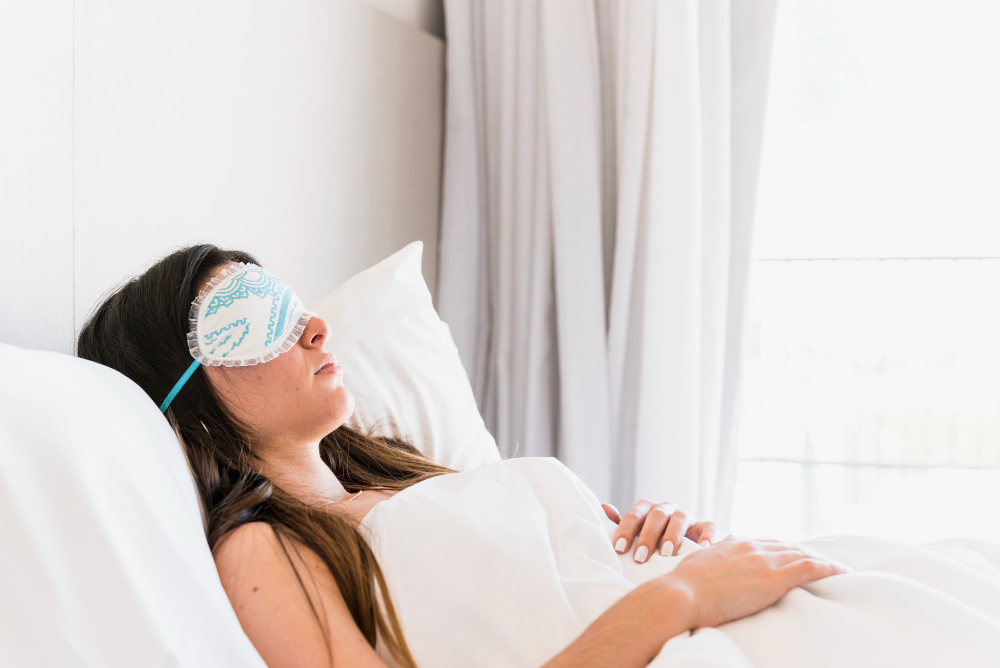Sleep Apnea is a serious sleep disorder marked by periodic stops in breathing while the patient sleeps. Sleep Apnea Treatment methods range from behavioural changes to the use of oral equipment, breathing devices, and as severe as surgical procedures. Breathing issues, morning aches, and loud snoring are the main symptoms of this disorder. The goal of treatment is to improve breathing while you sleep. First, let’s discuss the kinds of Sleep Apnea:
- Obstructive Sleep Apnea (OSA)
- Central Sleep Apnea (CSA)
- Complex Sleep Apnea Syndrome (compSAS)
Which Type of Sleep Apnea Is Worse?
The most severe type of complex Sleep Apnea syndrome is characterised by a high AHI (Apnea-Hypopnea Index). AHI qualifies the intensity of sleep apnea by counting the number of apneas and hypopneas during sleep. This type of apnea is difficult to treat because it involves two problematic breathing patterns. Very severe AHI is 55 or higher, and severe is 30 or higher. Since severe OSA has an AHI of more than 30, it is usually the most severe kind. AHIs over 55 raise cardiovascular risk and require quick medical attention.
Measuring Severity: AHI Scale
During sleep, breathing pauses and brief breaths are measured by the Apnea–Hypopnea Index (AHI). To determine the severity of Sleep Apnea, physicians utilize this index. Higher AHIs are a sign of an extremely serious state. High blood pressure, cardiovascular disease, stroke, and daytime accidents due to sleepiness are all examples of these dangerous disorders.
Why Is Severe OSA So Dangerous?
Having a high AHI is important for the following reasons:
- Frequent breathing pauses cause a repeated decrease in oxygen levels.
- Low oxygen levels give rise to stress in the heart and blood arteries, which raises blood pressure. This may generate the risk of heart stroke.
- OSA leads to tiredness, which may cause uneasiness in your daily routine.
- Arrhythmias, rapid cardiac death, and cognitive deterioration are a few examples of health concerns.
Potential Signs of Sleep Apnea
Both obstructive and central variants of these symptoms occur frequently and can indicate seriousness:
- Loud snoring
- Pauses in breathing during sleep
- Gasping or choking during sleep
- Waking with a dry mouth
- Morning headaches
- Insomnia
- Difficulty concentrating
- Irritability
- Tiredness throughout the day
You should not avoid these symptoms to treat the severe disease of Sleep Apnea. The avoidance of these symptoms can harm your health.
Treating Severe OSA
It is possible to improve the overall quality of life. Sleep Apnea Treatment can reduce health risks and restore a pleasant sleep. There are effective treatments such as:
- Lifestyle changes
- Devices like PAP, CPAP
- Oral Application Fitting
- Additional options
Conclusion
An Apnea-Hypopnea Index (AHI) of more than 30 indicates severe obstructive Sleep Apnea (OSA). Severe cases of OSA exceed 55. A high AHI puts pressure on your heart and brain. This pressure can make it difficult to function in daily life. If you observe the symptoms of Sleep Apnea or you are having a problem with your sleeping condition, you need to seek treatment.
If you believe that you may be suffering from severe OSA, act immediately to get it treated.
Your general health can be significantly enhanced by an efficient Sleep Apnea Treatment strategy. This strategy often includes CPAP treatments and lifestyle modifications. Using the newest techniques, Flinders Discount Chemist offers the best Sleep Apnea Treatment.




